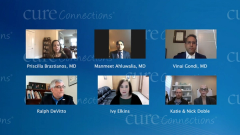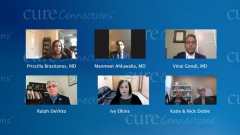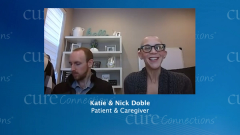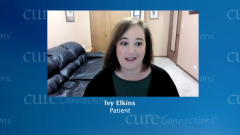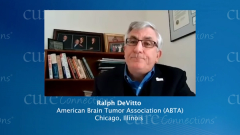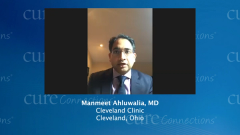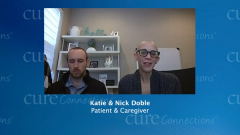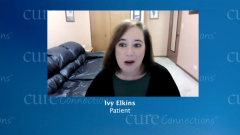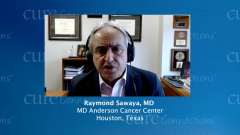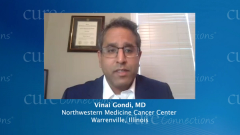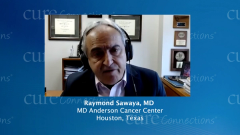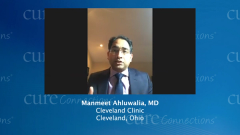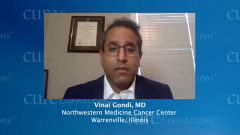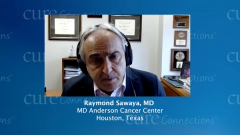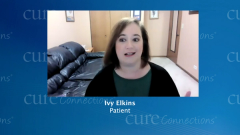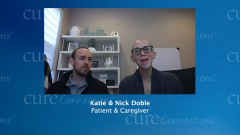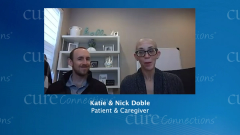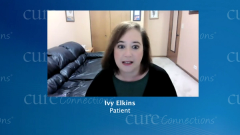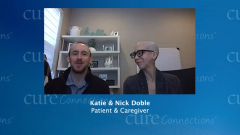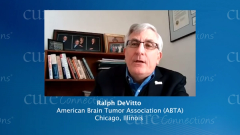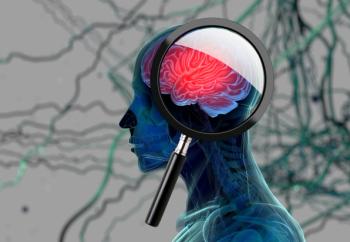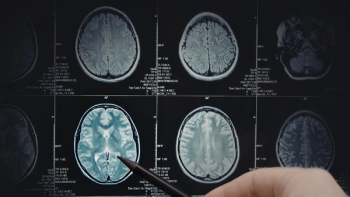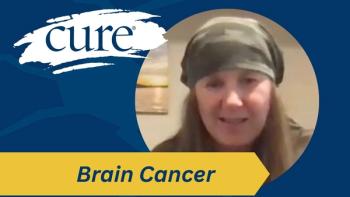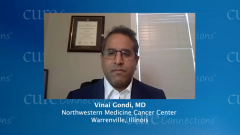
The Importance of a Support System During a Diagnosis of Brain Metastases
Episodes in this series

Priscilla Brastianos, MD: Ivy and Katie, were your caregivers with you during these conversations and what role did they play?
Ivy Elkins: Yes, my husband was with me throughout all the conversations that led up to my diagnosis and treatment. We were both so shocked and surprised. His role was to be there with me and to provide some support and help try to make sense of what was said. But we were both so shocked, I’m not sure who was supporting whom to tell you the truth.
But one thing that was very helpful and something that I always tell newly diagnosed patients when I speak to them now is that when you’re diagnosed with cancer there’s so much new terminology, new phrases, scans and treatments that are being talked about, that it’s really important to have someone with you, like my husband. Because I would find, after some of these appointments, we would go home and I remembered half of what I was told and he remembered about half what was said, and by putting it together, at least we had more information. It wasn’t because we weren’t paying enough attention, it was just so overwhelming. It was very helpful to have someone who was there going through everything with me.
Priscilla Brastianos, MD: Katie, tell us a little bit more about your experience, too.
Katie Doble: For the experience with the brain tumor, Nick was with me at the doctor’s appointment when the brain MRI [magnetic resonance imaging] was ordered and he took me to that appointment, to that scan. Then the next day, I’ve been doing this long enough that I’ve figured out you can call and get the results instead of waiting for the results. So, I called my nurse. I have her number on speed dial. And she was hesitant. She said, “Something did show up and we need to have Dr. Gonzalez look at it and we’ll be back in touch.” So that was sort of this, “Oh crap, something’s wrong.”
Nick was at work and I was off that day and I remember calling my sister. I have two sisters. I called one of my sisters who was golfing, and she stepped aside, and we said a prayer together. I was just terrified. Then the next day I got a phone call from my oncologist himself, letting me know what was going on, and I was at work that day. I hung up the phone and my co-worker and I, we still are very close, and I just lost it. She was there with me and we left work and went and got a beer. My dad flew in, I think, the next day. We had a busy weekend planned. My sisters were both going out of town and we were watching all of the children — we have five nephews and a niece. My sister said, “We can cancel our trip, what do you need?” I said, “That’s the perfect distraction for us right now, is to have five kids.” My dad came out and stayed and helped us. For me, that’s always been what I need, is I just need to take my mind off things. Nick, of course, is always supportive. We hug every day, but I think that day and that weekend we hugged a lot. We were both scared for what was happening and the threat that was happening.
But for me, if I have a plan, that’s when I do better emotionally. The good thing about this diagnosis was it came with a plan. There wasn’t additional waiting of what’s next and what’s going to happen now. It was OK, a week from now we check into the hospital at 6 am and zap this thing and that’s what’s going to happen next. So just get through it.
Priscilla Brastianos, MD: Nick, thanks so much for supporting Katie. Katie, you’re very lucky to have Nick as your caregiver.
Transcript Edited for Clarity

